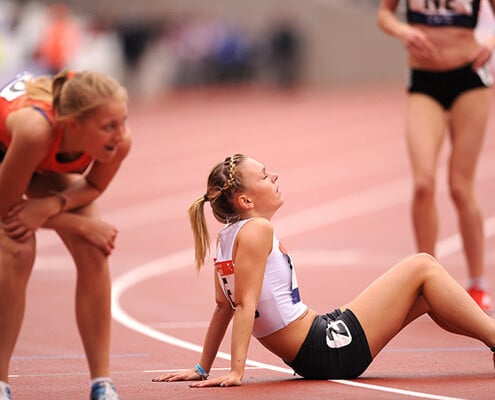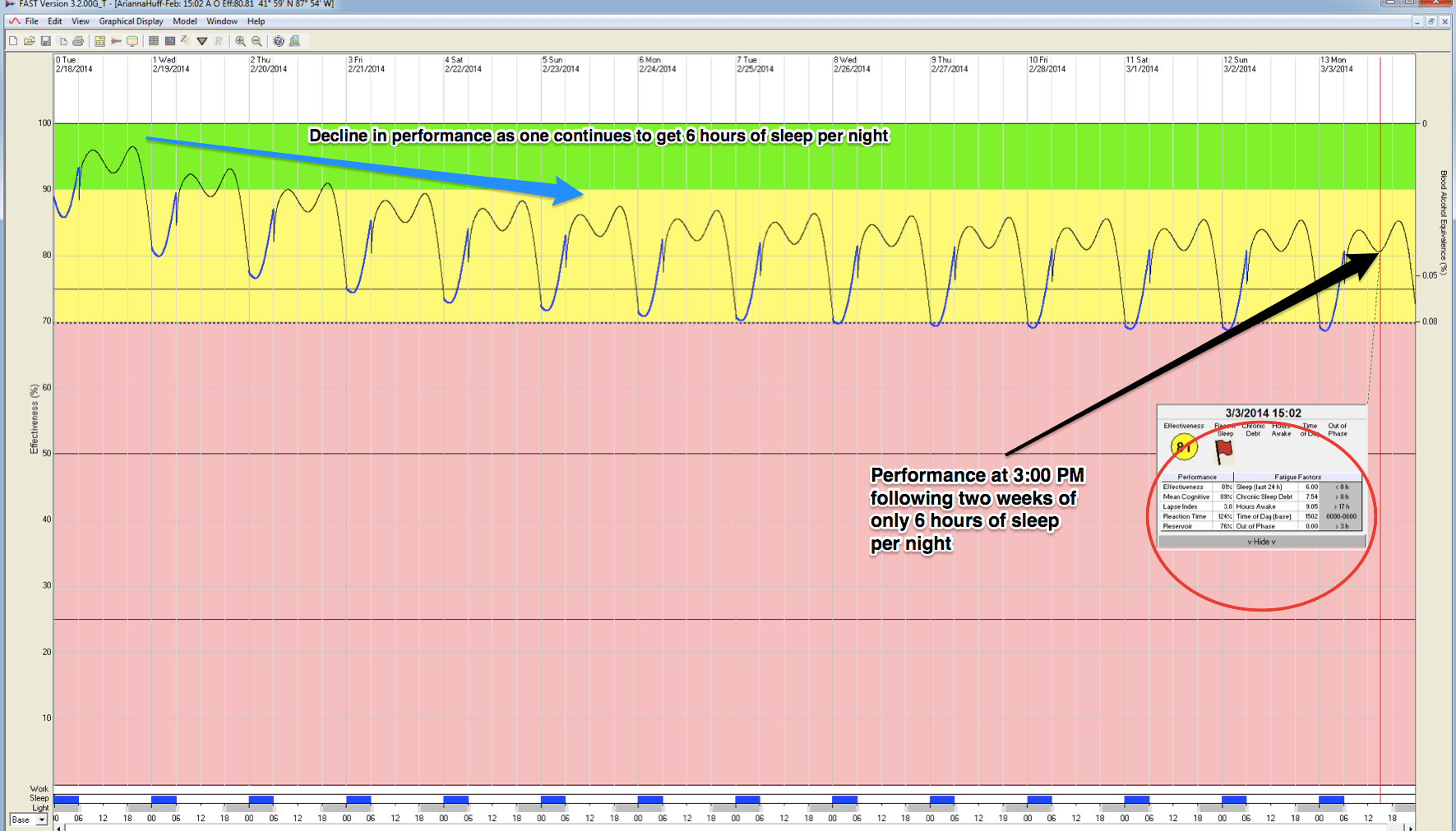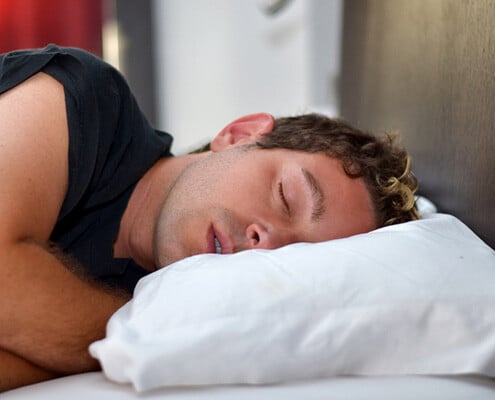In 2008, Usain Bolt broke records at the Beijing Olympics by being the first person in history to hold both the 100m and 200m world records. By the 2012 Olympics, Bolt became the first man in history to win 6 Olympic gold medals in sprinting.
So what does Bolt consider to be the most important part of his daily training regime? None other than sleep.
“Sleep is extremely important to me – I need to rest and recover in order for the training I do to be absorbed by my body” – Usain Bolt.
At Fatigue Science we know how important sleep is to an athletes performance, reaction time and recovery time. Our fatigue measurement technology is used by professional sports teams such as the Vancouver Canucks to ensure enough sleep is incorporated into athletes training regimes.
So how much sleep do the professionals get? And how can sleep reduction effect your performance.
Key Infographic Takeaways
- By incorporating adequate sleep into their routine, tennis players get a 42% boost in hitting accuracy
- Sleep improves split-second decision making ability by 4.3%
- After 4 days of restricted sleep, athletes maximum bench press drops 20lbs
- Roger Federer gets 11 to 12 hours sleep per night
- Lebron James gets 12 hours of sleep per night




